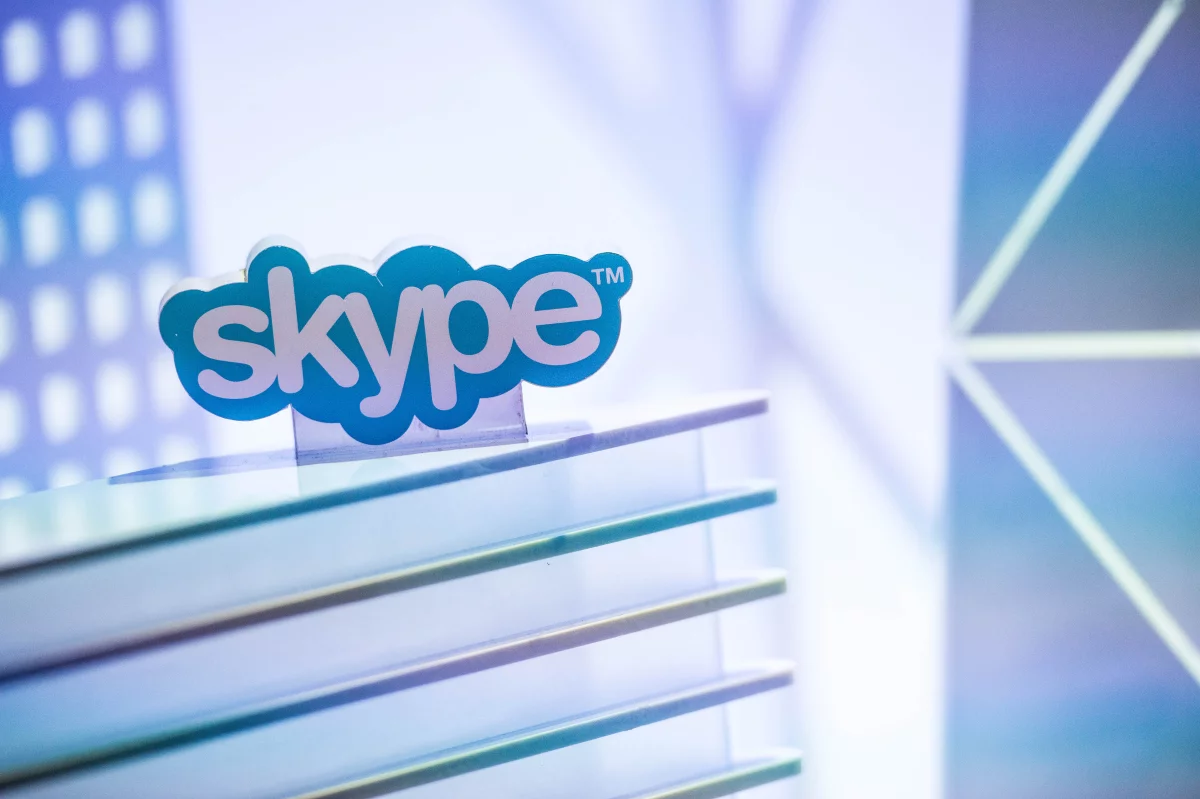After nearly two decades of connecting people across the globe, Skype—once a trailblazer in the world of internet communication—is making its final sign-off. Microsoft has officially announced the end-of-life for Skype, transitioning its users to Microsoft Teams and other newer platforms. This move marks the end of an era, as Skype was a household name long before Zoom, WhatsApp, or Google Meet entered the spotlight.
The Rise of Skype: A Communication Revolution
Skype was launched in 2003 by Niklas Zennström and Janus Friis, the same team behind file-sharing service Kazaa. Built on peer-to-peer technology by Estonian developers Ahti Heinla, Priit Kasesalu, and Jaan Tallinn, Skype offered something revolutionary at the time—free voice and video calls over the internet.
In an era dominated by costly international phone calls, Skype allowed families, friends, and professionals to stay connected no matter where they were in the world. The term “Skyping” became a verb, much like “Googling.” By 2010, Skype had over 600 million registered users, and by 2011, it had attracted the attention of Microsoft, which acquired it for $8.5 billion—Microsoft’s largest acquisition at that time.
The Beginning of the End
Despite its early dominance, Skype gradually began to lose its footing. Its problems stemmed from a combination of factors:
- User Experience: Skype’s interface became increasingly cluttered and inconsistent across platforms.
- Technological Transition: Microsoft moved Skype from its original peer-to-peer (P2P) structure to a cloud-based system in 2017. While necessary for scalability, the transition came with glitches, dropped calls, and bugs.
- Competition: Rivals such as Zoom, Google Meet, and WhatsApp emerged with simpler interfaces and smoother performance. During the COVID-19 pandemic, Zoom became the go-to video conferencing tool, stealing much of the spotlight Skype once enjoyed.
Although Microsoft integrated Skype into its ecosystem, including within Outlook and Xbox, it struggled to maintain relevance. Microsoft Teams, launched in 2017, quickly became the company’s favored communication platform, especially for enterprise users.
The Official Shutdown Announcement
Microsoft has now confirmed that Skype for Business Online was retired on July 31, 2021, and the consumer-facing Skype app is gradually being phased out. According to a Microsoft support page, the company encourages users to migrate to Microsoft Teams, which offers chat, video conferencing, file sharing, and collaboration tools all in one platform.
Skype’s mobile and desktop apps will remain accessible until further notice, but no new features or updates will be released. As of 2025, most signs point toward Skype being sunsetted completely by the end of the year.

What Went Wrong?
Many industry experts believe that Microsoft missed several key opportunities to keep Skype competitive:
- Delayed Response to Market Trends: Skype failed to capitalize on the remote work boom during the early stages of the pandemic.
- Complex Branding Strategy: With the introduction of Teams, Skype for Business, and Skype consumer versions, users were left confused about which product to use.
- Lack of Innovation: Compared to Zoom’s breakout rooms or Google Meet’s browser-based ease-of-use, Skype’s development stagnated.
What’s Next for Users?
If you’re still using Skype, it’s time to consider switching. Microsoft recommends transitioning to Microsoft Teams, which offers a richer set of features for both personal and business communication. Teams is available on desktop, web, and mobile, and supports video calls, threaded conversations, real-time collaboration via Office apps, and more.
For personal users, alternatives like:
- Zoom (zoom.us)
- Google Meet (meet.google.com)
- WhatsApp Video Calling (whatsapp.com)
can serve as user-friendly substitutes with broad compatibility and reliable performance.
A Farewell to a Tech Pioneer
Skype’s decline doesn’t erase its contributions to digital communication. It changed the way the world connected, paving the way for the real-time, face-to-face video calls we now take for granted. For many, Skype was the first platform where they saw a loved one’s face from across the globe or attended a virtual job interview. Its impact is undeniable.
As we say goodbye to Skype, we also acknowledge a turning point in tech history—where innovation continues, but not without leaving behind the pioneers that started it all.
Have memories of using Skype? Share them in the comments below and let us know which platform you’ve moved on to.

